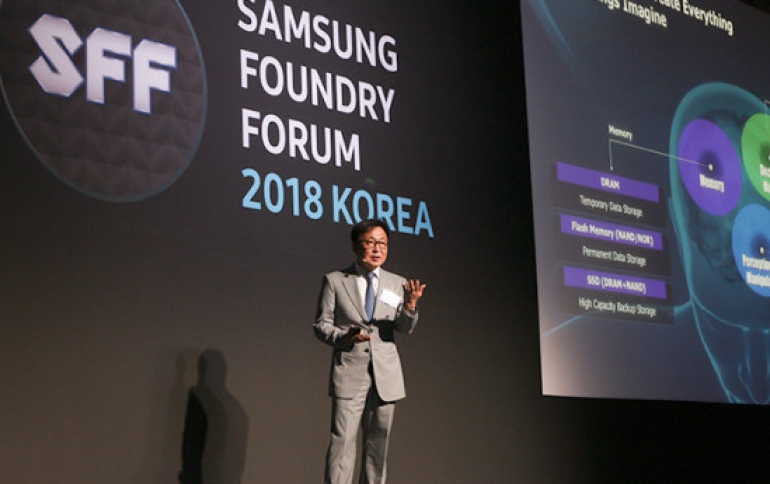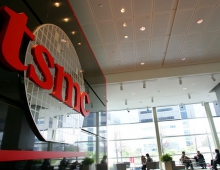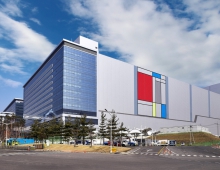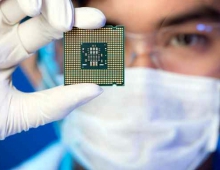
Samsung to Produce 7nm IBM CPUs
IBM Corp. said Friday that Samsung Electronics will manufacture 7-nanometer (nm) microprocessors for its CPUs.
IBM said that Samsung will manufacture 7nm Power processors for IBM Power Systems, IBM Z and IBM LinuxONE high-performance computing (HPC) systems and cloud offerings.
The deal is expected to help Samsung, which has Qualcomm Inc. as one of its clients, to beef up its foundry business utilizing extreme ultraviolet (EUV) process technology.
"The agreement combines Samsung's industry-leading semiconductor manufacturing with IBM's high-performance CPU designs," IBM said. "It positions IBM and Samsung as strategic partners leading the new era of high-performance computing specifically designed for artificial intelligence."
The two companies will also be extending their strategic research alliance, which has lasted for 15 years, IBM said. IBM's Research Alliance includes many industry firsts such as the first NanoSheet Device innovation for sub 5nm, the production of the industry's first 7nm test chip and the first High-K Metal Gate foundry manufacturing.
Samsung claims that utilizing EUV process technology paves the way to produce more precise chips compared with the conventional argon fluoride (ArF) immersion technologies, which can better meet demand from emerging big-data and AI industries.
The South Korean tech giant started the construction of its new production line equipped with EUV facilities in Hwaseong, south of Seoul, in February this year, which will commence operations in 2020.
Samsung aims to rise to the No. 2 position in the global market from the current No. 4. At present, China’s TSMC stands at No. 1 with about 56 percent of the market.
TSMC began mass production with the 7-nm process in the second half of this year.
According to reports, Apple has placed all its 2019 orders for A13 mobile processors with TSMC.
Samsung is a member of the OpenPOWER Foundation, a vendor ecosystem facilitating the development of IBM Power architecture-based customized servers, networking and storage for future data centers and cloud computing. The company is also a member of the Q Network to help advance the understanding of applications software in quantum computing for the industry.





















